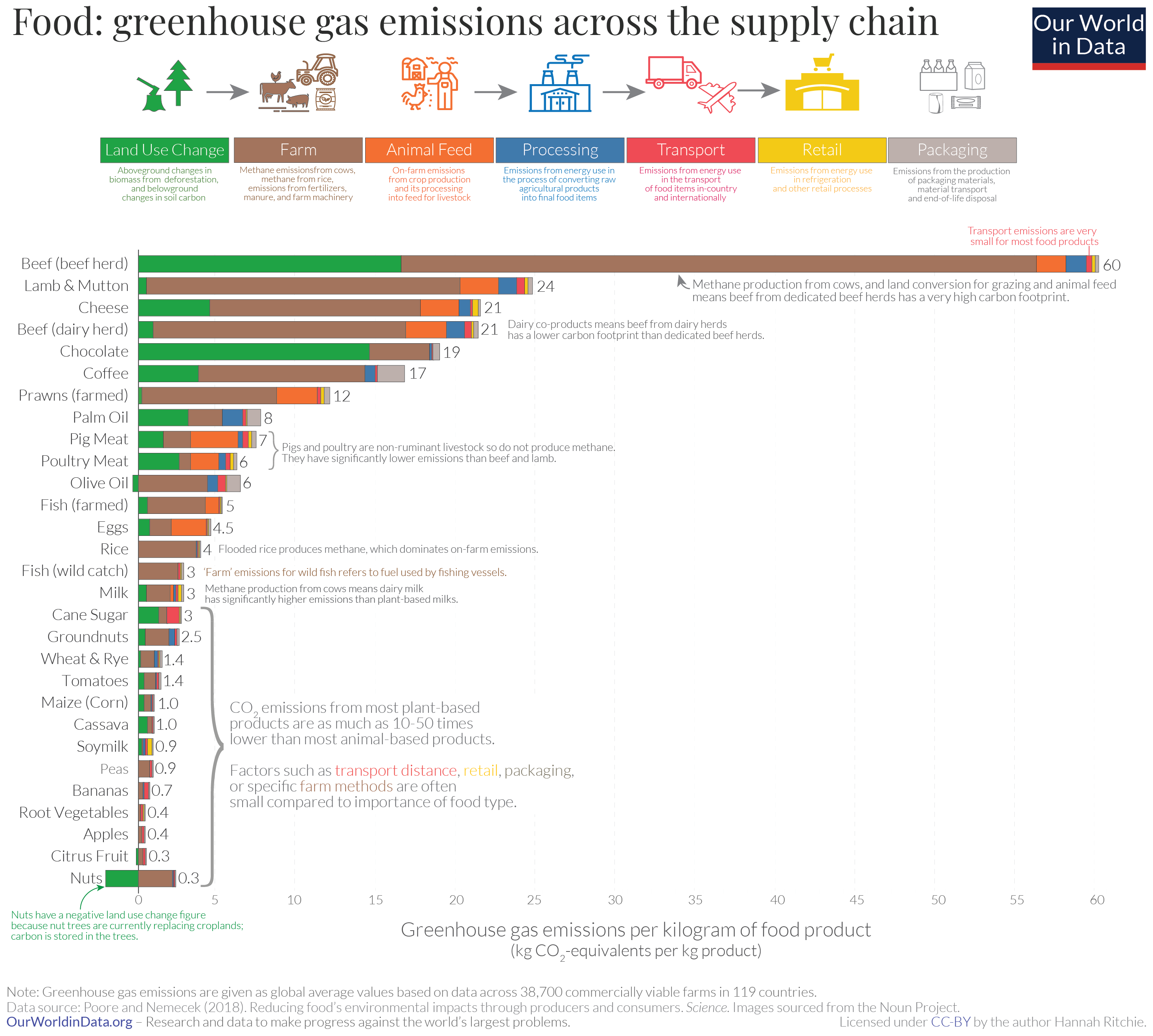Not all none meat products are good.
Looking at Quorn, it is made from a mycoprotein
"The process for making Quorn involves adding oxygen, nitrogen, glucose and minerals to a fungus called Fusarium venenatum. All this is done in 40m high fermenters, under controlled temperature, pH, nutrient concentration and oxygen conditions to achieve the optimum growth rate."
"Although scarce, the results of life cycle analyses of mycoprotein agree that this meat substitute causes an environmental impact similar to chicken and pork." from this article
https://www.ncbi.nlm.nih.gov/pmc/articles/PMC6757021/
"Mycoprotein, the novel ingredient in Quorn-brand frozen meat substitutes that's made from processed mold (Fusarium venenatum), can cause serious and (possibly, even fatal) allergic and other reactions. ... The chunks of imitation meat are nutritious, but the prepared foods in which they are used may be high in fat or salt"
And yes I have picked small bits of information out of 3 articles. What I am saying is there are 'fors ' and 'against' on all subjects. There are many shades of black & white. What we have to work out is what we, ourselves, are comfortable with and are happy to do & stand up & justify if needs be.
P.S please can the pedants tell me what the correct punctuation is in the last paragraph




